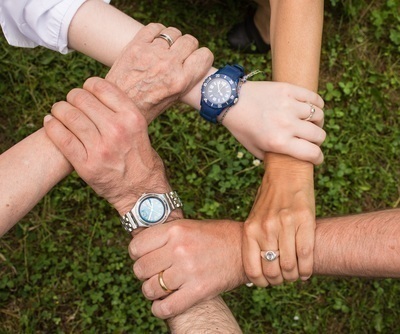For The Reporter • April 27, 2009 Fond du Lac County 4-H Junior Leader Association has raised more than $1,000 for the Council to
Rescue the Ravines in San Antón, Mexico. The Council is a volunteer group of young people working to educate others in their community about water quality, proper garbage disposal and recycling, according to a press release from UW-Extension. The volunteers began by hosting eco-tours as a way to showcase the natural resources of the ravine for local residents and to make connections between human activity and the contamination of the area’s streams and drinking water. Most of Mexico does not have sound municipal drinking water systems, waste water treatment facilities, or municipal recycling programs. The Council to Rescue the Ravines was selected to receive this year’s 4-H Charity dinner support because a group of 17 Fond du Lac County residents, including 4-H members and leaders, visited with the Council and learned about its efforts during the Mexico Immersion Experience in August 2008. “We witnessed the dedication, many hours and passion that the Council members had to make their community healthy and safe,” said Denise Retzleff, 4-H youth development educator. “When their efforts were explained to the local charity event planning committee, it made sense to support them.” The Council’s efforts were originally supported by funds from the National Autonomous University of México and it has occasionally received assistance from the municipality. However, funding has been inconsistent and irregular. They have no staff people and do most of the work on their free time, according to the release.
In spite of these challenges, the group has established four recycling centers, educates residents about what can be recycled, and encourages other sound environmental practices. The recycling centers now collect about 13 tons of materials per month and 156 tons per year among all of the sites.
FdL 4H Dinner Raises Money For Mexico Recycling Project 2009: Reporter Bull
FdL 4H dinner raises money for Mexico recycling project

